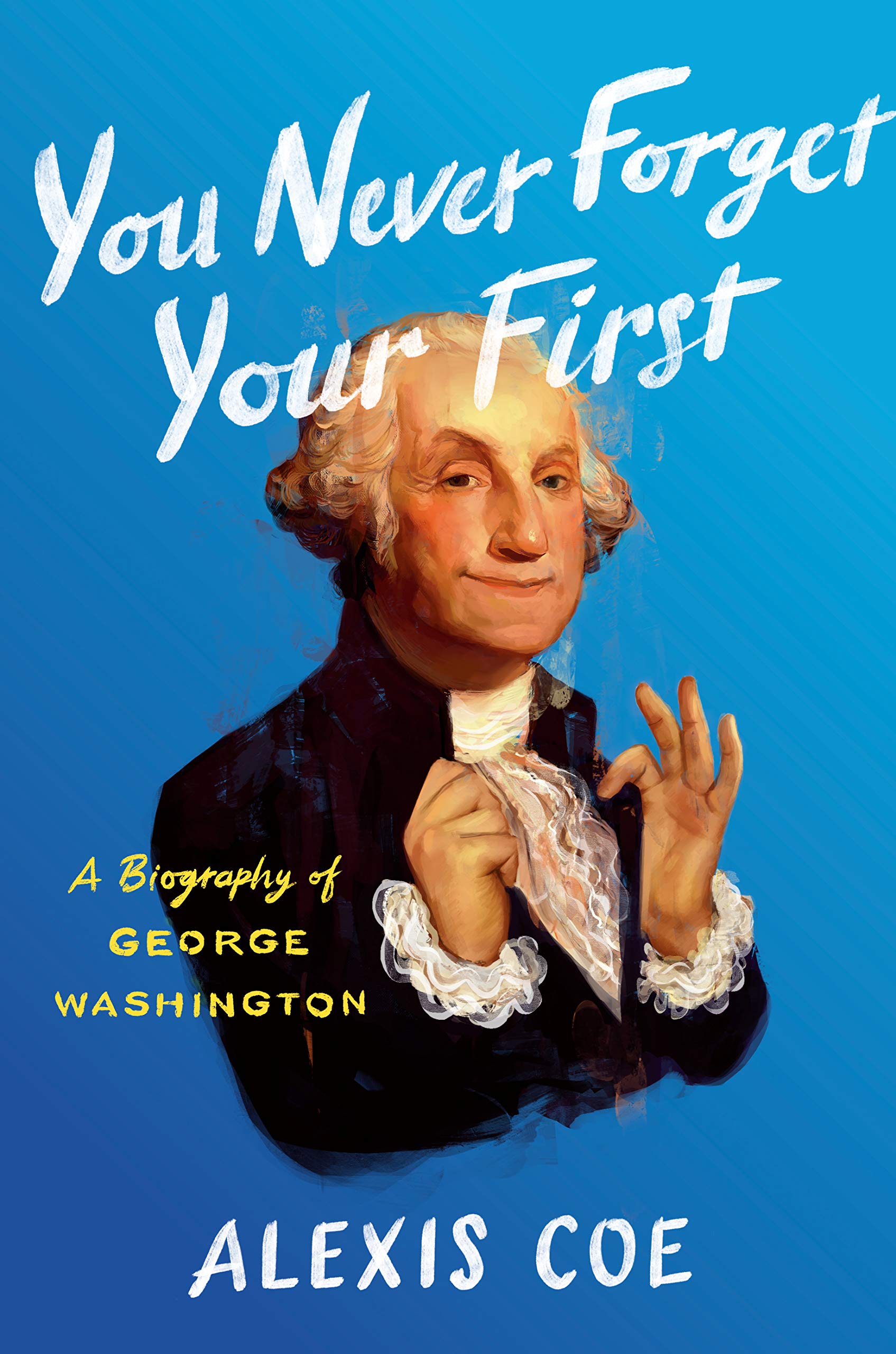
You Never Forget Your First
This was fun and good, and I prefer this genre of biography — postmodern, airy — to the Chernow school of nine hundred pages of idolatry (the genre the author refers to as, perhaps somewhat unfairly, “the thigh men”, a revealing joke.)
As a biography itself there are some stops and starts. It is overly episodic and reads, at times, like an encyclopedia (the tabular nature of some passages works, uh, better in some places than others). The author’s focus on Washington’s foibles is useful and timely but it’s hard to really take this as a capital-B Biography as much as it is a commentary on other biographies about Washington.
And in that extent, it’s good! I think the book’s thesis is revealed in its ending, a thorough dismantling of the oft-repeated myth that Washington was the only founding father to free his slaves upon his death. Of course that is not true — many individuals freed their slaves before dying — and the fading image of the book, of the unmarked graves of Mount Vernon slaves juxtaposed with the Washington Memorial — is as powerful as any other in the book.
© 2023 Justin Duke • I hope you're wearing your favorite sweater.